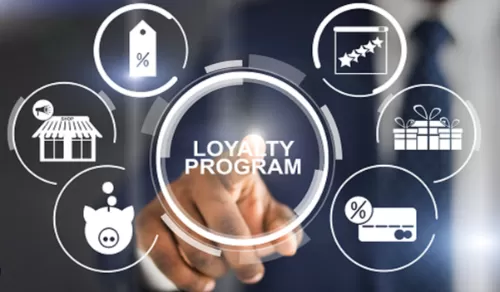Navigating Corporate Holidays: Benefits, Etiquette, and Gift Inspirations
In today’s fast-paced work environment, corporate holidays offer a vital pause for both employees and employers—granting rest, boosting morale, and strengthening workplace culture. But beyond simply marking days off, understanding how many holidays U.S. citizens receive, the purpose behind corporate observances, proper party etiquette, and thoughtful gift ideas can turn a routine break into a memorable company-wide celebration.
Related searches

How Many Holidays Do U.S. Citizens Get?
In the United States, there is no federally mandated number of paid holidays that employers must offer. However, most companies voluntarily observe between 7 and 10 paid holidays per calendar year. Commonly recognized days include:
New Year's Day (January 1)
Memorial Day (last Monday in May)
Independence Day (July 4)
Labor Day (first Monday in September)
Thanksgiving Day (fourth Thursday in November)
Christmas Day (December 25)
Some employers add holidays such as Martin Luther King Jr. Day, Presidents' Day, and Juneteenth, while others offer floating holidays or additional personal days to acknowledge various cultural and religious traditions. Small businesses sometimes grant fewer holidays, whereas large corporations may provide up to 12 or more days, including office-wide winter breaks or company anniversary closures.
What is the Meaning of a Corporate Holiday?
A corporate holiday is a designated day on which a business formally closes its operations or offers time off to employees. Beyond serving as a statutory break, these days fulfill multiple strategic purposes:
Employee Well-being: Scheduled downtime reduces burnout, increases job satisfaction, and helps maintain a healthy work-life balance.
Cultural Alignment: Recognizing national and cultural observances fosters a sense of inclusion and respect across diverse teams.
Operational Planning: Pre-announced closures allow teams to plan project timelines, client communications, and resource allocation.
Brand Image: Demonstrating appreciation for employees' personal time can enhance employer branding and support recruitment efforts.
By clearly communicating which days are observed—and whether they are paid, unpaid, or optional—companies set expectations and cultivate a transparent workplace culture.
Corporate Holiday Party Etiquette Tips
Hosting a festive gathering can be a highlight of the year when guided by respectful etiquette:
Invite Clearly and Early: Send invitations at least 4–6 weeks in advance, with RSVP deadlines and venue details.
Respect Diversity: Choose inclusive themes, menus, and entertainment that accommodate dietary restrictions, religious observances, and cultural sensitivities.
Set Boundaries: Communicate any behavioral guidelines calmly—such as a modest alcohol policy or professional dress code—to ensure a comfortable atmosphere.
Lead by Example: Encourage managers and executives to mingle, thank attendees personally, and avoid cliquish behavior.
Provide Safe Transportation: Offer ride-share vouchers or shuttle services to promote responsible travel after the event.
A well-planned party not only celebrates successes but also reinforces mutual respect among colleagues.
Corporate Holiday Gift Ideas for Employees
Thoughtful gifting can reinforce appreciation and leave a lasting positive impression. Consider these ideas:
Custom Gift Boxes: Curate themed boxes with gourmet snacks, cozy socks, and branded mugs.
Wellness Vouchers: Offer spa, gym, or meditation-app subscriptions to support physical and mental health.
Experience Gifts: Provide tickets to local events, virtual classes, or team-building workshops.
Flexible Bonuses: Allow recipients to choose from gift-card options or a small cash bonus to suit their preferences.
Personalized Keepsakes: Engraved desk accessories, name-embroidered blankets, or artisanal stationery add a personal touch.
Aligning gifts with employee interests—or giving a selection option—can ensure every individual feels genuinely appreciated.
Conclusion
Corporate holidays are more than simple breaks from work—they're strategic touchpoints that support employee well-being, reinforce company values, and streamline operational planning throughout the year. By offering a competitive holiday package, clearly defining observances, hosting respectful gatherings, and selecting meaningful gifts, organizations can foster engagement and loyalty at any time. Whether you're scheduling mid-year closures or marking special occasions, thoughtful holiday practices help maintain morale, encourage work-life balance, and strengthen the bonds that drive your business forward.

Unlock Exclusive Perks with These Top Rewards Programs in the U.S.

Choosing the Right Retirement Advisor: Your Guide to Financial Security

Exploring the World of Eco Lodges: A Sustainable Travel Experience

Window Replacement in 2025: 6 Key Steps to Find the Best Local Companies

Transform Your Outdoor Space with Professional Landscape Maintenance

Transform Your Garage: Budgeting for Your Dream Space








